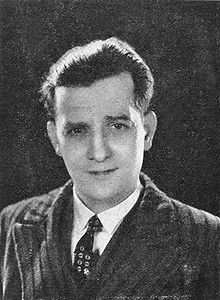The name of Marcel Pagnol is deeply embedded in the French culture of the 20th century, especially the south of France where most of his works take place. His pastoral films evoke the blazing mediterranean sun, the unrelenting singing of crickets in the garrigue, the warm winds through olive orchards and cypress trees, and the sensual stupor of hot inland summers.
Born in 1895, Pagnol grew up in the town of Aubagne in Provence. Son of a school teacher, he displays a precocious talent for letters, and rapidly finds success writing plays while becoming an english professor. In 1929, he begins his career in cinema and soon creates his own film production studios in the countryside near Marseille.
In 1946, Pagnol is elected to the Académie Française, the first filmmaker to receive this rare honor. Since then, his film career has been a prolific one, with many of his works now considered classics of French cinema.
His stories continue to be reinterpreted on stage and onscreen, most famously the 1986 version by French director Claude Berri of Pagnol’s two-part novel Jean de Florette and Manon des Sources with celebrated actors Pierre Montand, Daniel Auteuil and Emmanuelle Béart. And recently (2011), actor Daniel Auteuil himself directed a compelling remake of Pagnol’s ‘La Fille du Puisatier‘ (‘The Well-Digger’s Daughter’)
Here is one of the most famous excerpt of Pagnol’s film ‘Marius’ (1931), La Partie de Partes’ (‘The Card Game’):
